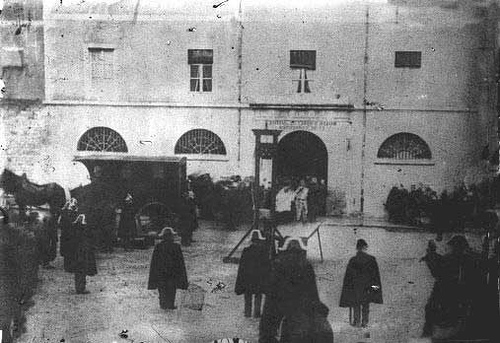Okay, you’re a chef. Which of these trays was requested for a singer’s dressing room, and which is the last meal of a Texas death-row inmate?
A. Neil Diamond (“Love on the Rocks”)
B. Nelly (“Hot in Herre”)
C. Smokey Robinson (“Tears of a Clown”)
D. B.B. King (“The Thrill Is Gone”)
E. Cornelius Goss (beat a Dallas homeowner to death with a board)
F. Gerald Mitchell (shotgunned two customers during a Houston drug deal)
G. James Collier (shot two Wichita Falls residents while stalking his daughter)
H. James Powell (raped and murdered a 10-year-old in Beaumont)
I. Paul Nuncio (strangled a 61-year-old in Plainview)
1. BBQ chicken wings, chips, fruit, ginger ale
2. 1 apple, 1 orange, 1 banana, coconut, peaches
3. One pot of coffee
4. Enchiladas, burritos, chocolate ice cream, cantaloupe (whole, split in half)
5. Chinese takeout, coffee
6. 1 bag of assorted Jolly Ranchers
7. Baked salmon, french fries, fruit platter, salad, soda
8. Nothing
9. Thirty jumbo shrimp, cocktail sauce, baked potato, French fries, ketchup, butter, one T-bone steak, one chocolate malt, one gallon of vanilla ice cream, and three cans of Big Red

